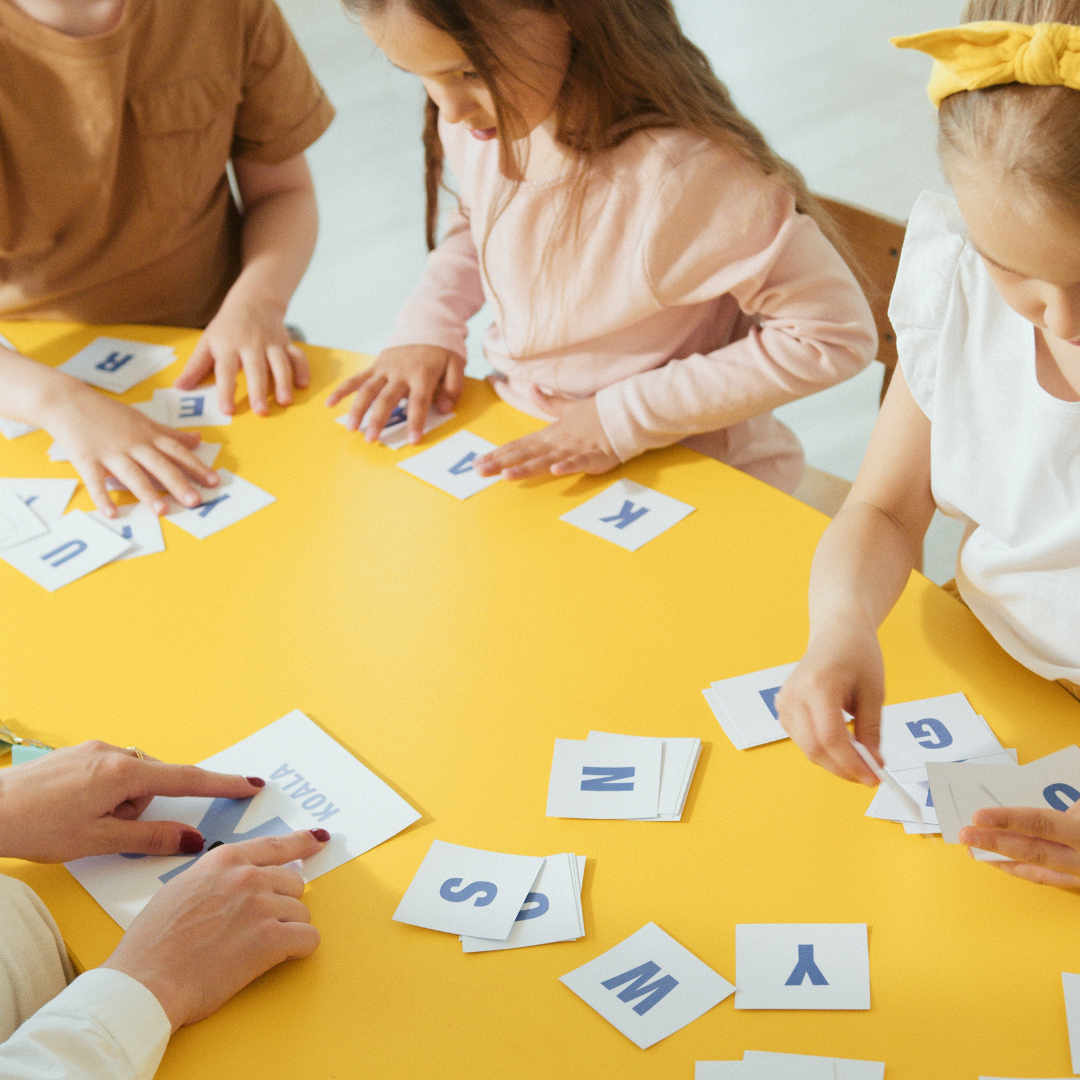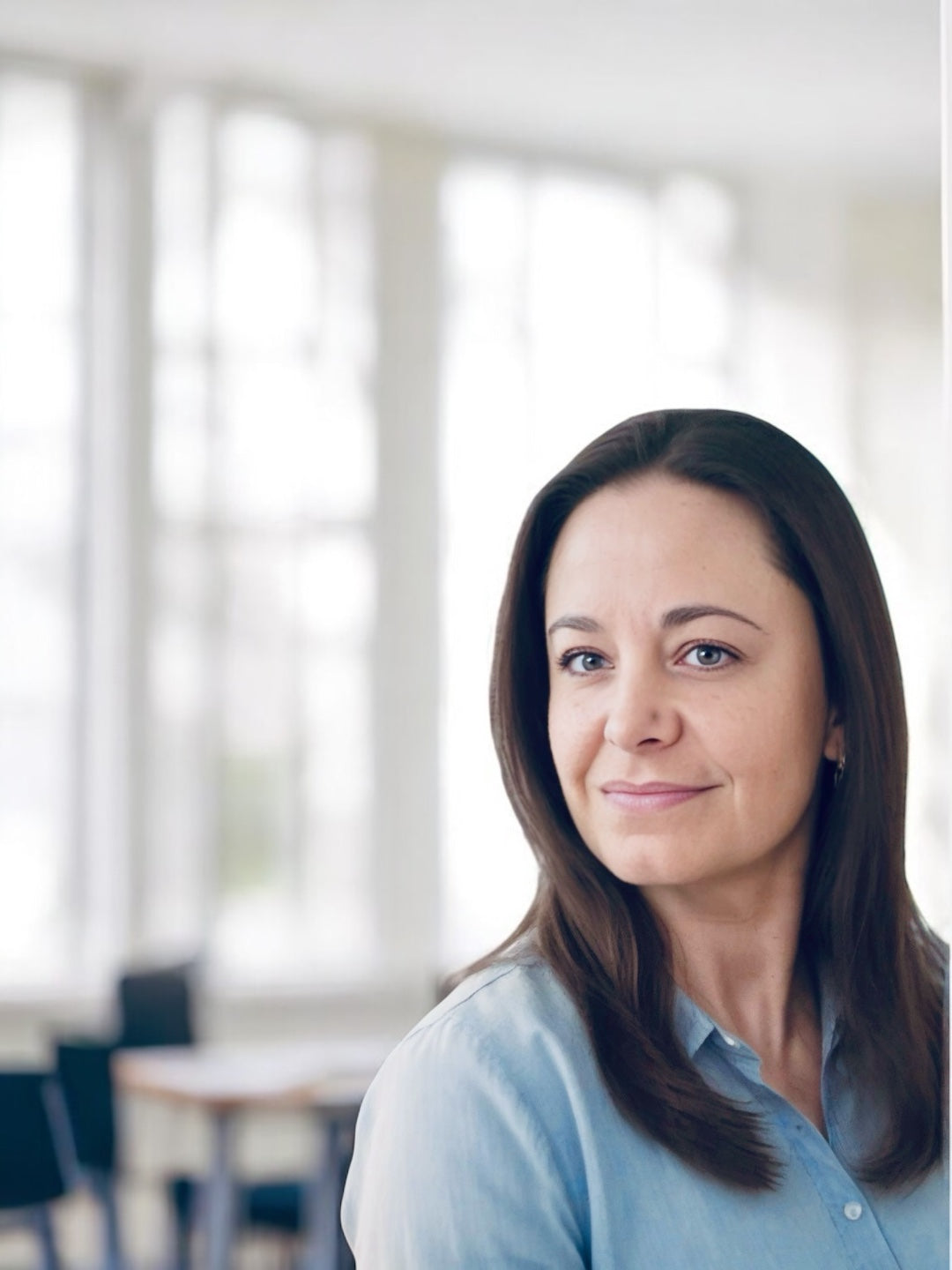
ABOUT

My personal learning journey hasn’t always been easy but as with all things, I'm learning all the time.
When I was younger, I always found number-based learning relatively easy; reading, writing and information recall were challenging for me. I always wondered how others could do it - I didn’t realise that everyone else found it so much easier than me to learn and study.
As is typical for children with learning difficulties, the further through my studies I went, the further my grades slipped and the lower my self-confidence became.

When I was re-training as a Primary School Teacher after 10 years working in Finance, I asked for some help, explaining that everything was going too fast for me in lectures. As a result of this, I was diagnosed with dyslexia and suddenly everything made sense. I was 31 years old.

Apparently, according to the diagnostician, I’m highly intelligent (yey!) and I had taught myself different coping strategies over the many, many years I had been struggling so it was almost invisible to everyone around me.
I was perceived as lazy and lacking concentration in my learning. It was only impacting my self-esteem as I still passed everything just not to the high standard that was expected by those around me, including myself.
This changed after the diagnosis and I received some of my highest scores in my NASENCO qualification (SENCo awared 2023) – an amazing feeling, I can’t begin to explain!
This is why I want those children who are wondering why they are finding it harder and harder to get the same levels as their peers to understand their learning style and needs so they can have this feeling and know they have done the best that they can for themselves.

Some parents may feel that someone who experiences difficulty with learning, for whatever reason, shouldn’t be teaching their child.
However, I strongly believe that my experiences benefit both me and the child I’m working with. They make me uniquely qualified to recognise, identify and empathise where a child may find something a little tricky and I’m able to support them through different strategies with empathy and encouragement as opposed to repeatedly informing them they are incorrect.
I’m also keenly aware of when a child may need to take a pause in their learning and play game, draw or tell a joke. Alternatively, when they find something relatively simple and need further challenge to fully apply the skills they have to different contexts.
These are all skills that come from my personal as well as my career experiences.

If I can help a child to recognise that they may learn in a different way and boost their confidence in order to maybe, ask their teachers for what they need for example. The hope is that they will grow in motivation as well as self-confidence improving their academic performance and success in whatever they choose to do in the long-term.

Do you work in a school?
Unfortunately, I'm no longer working in a school due to heath issues which impact my ability to work long days. I can't tell you how much I miss it but tutoring children regularly is a balance for my love of teaching and my health.

